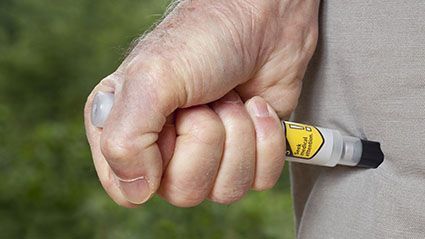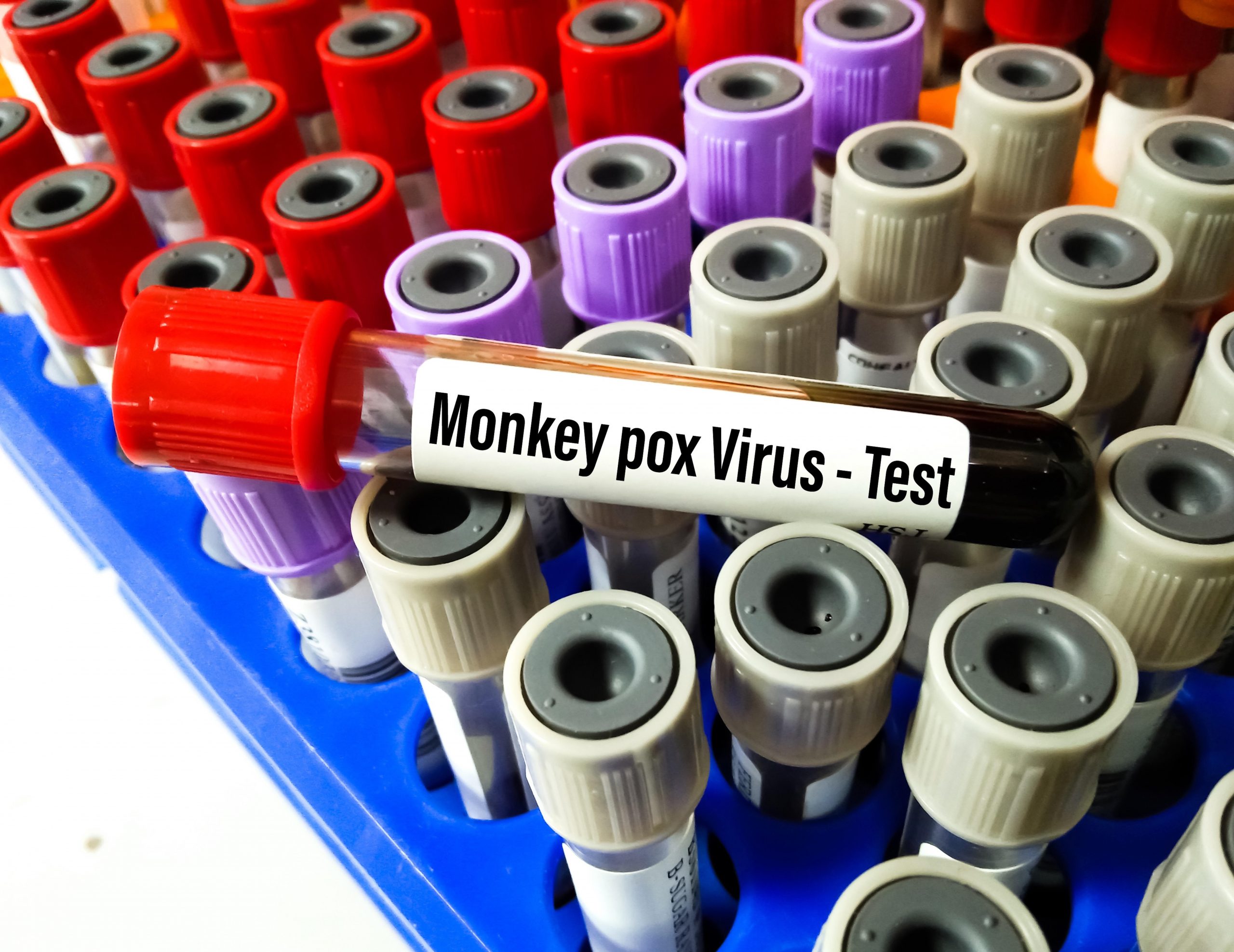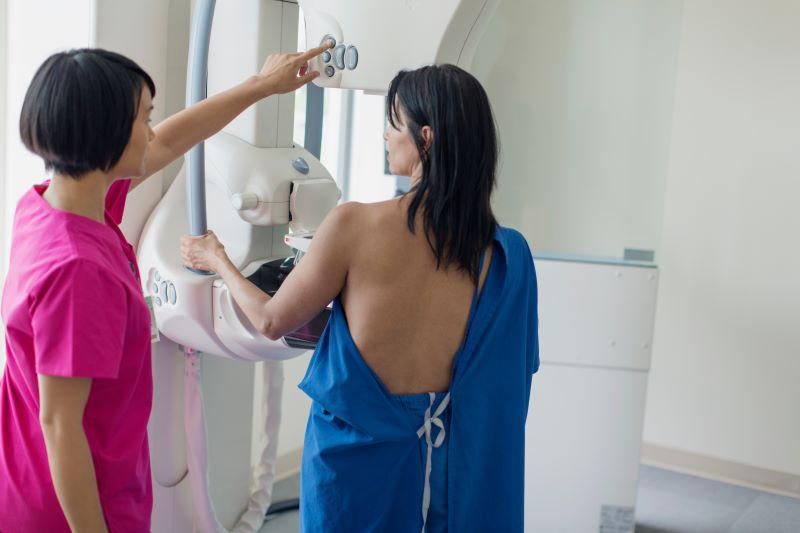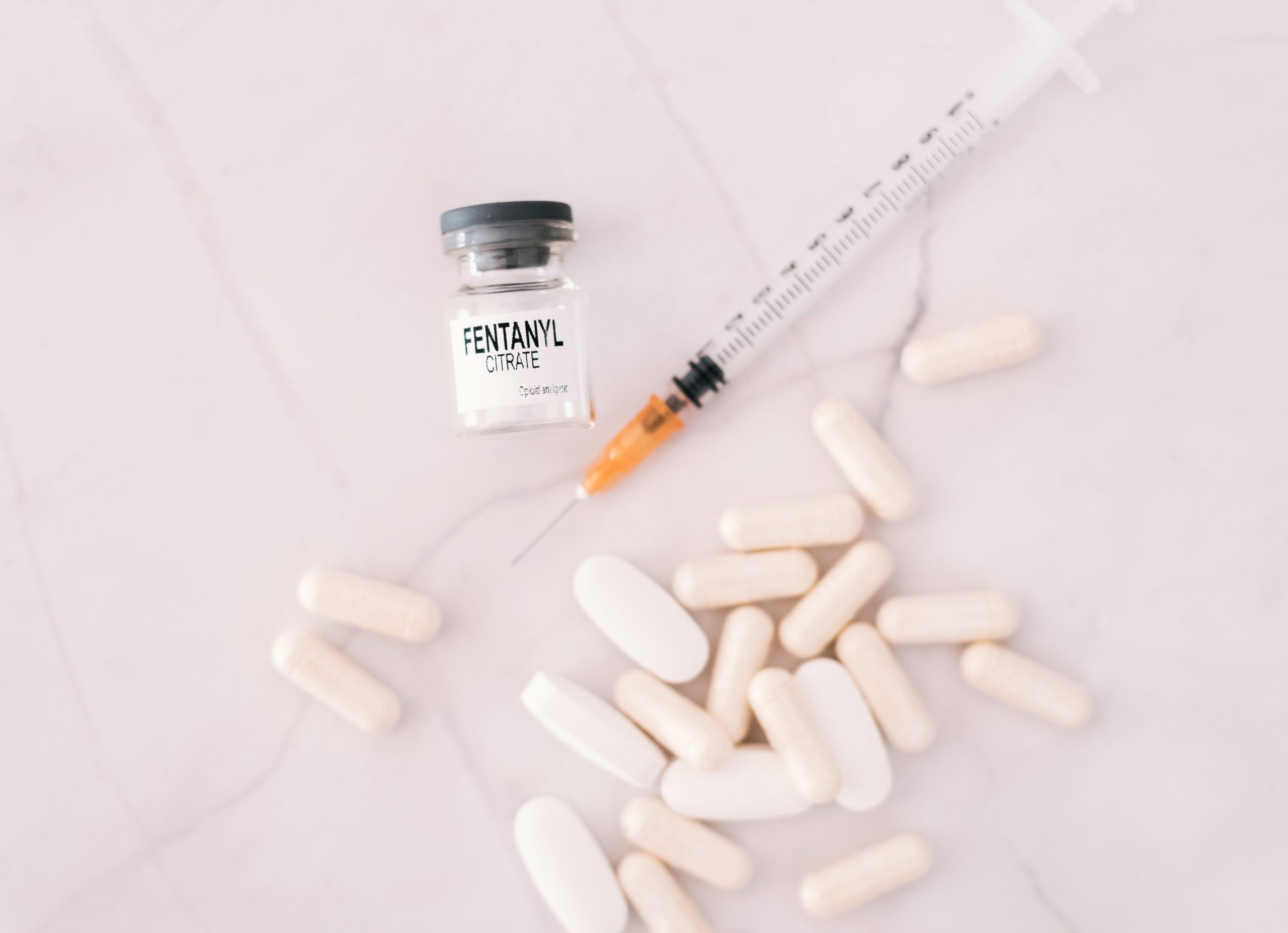
In a unanimous vote, a panel of expert advisors to the U.S. Food and Drug Administration on Wednesday endorsed the over-the-counter sale of a birth control pill, a recommendation that will likely pave the way for far greater access to contraception for Americans. Opill, as the pill is called, was first approved by the FDA… read on > read on >






























